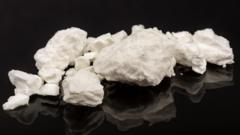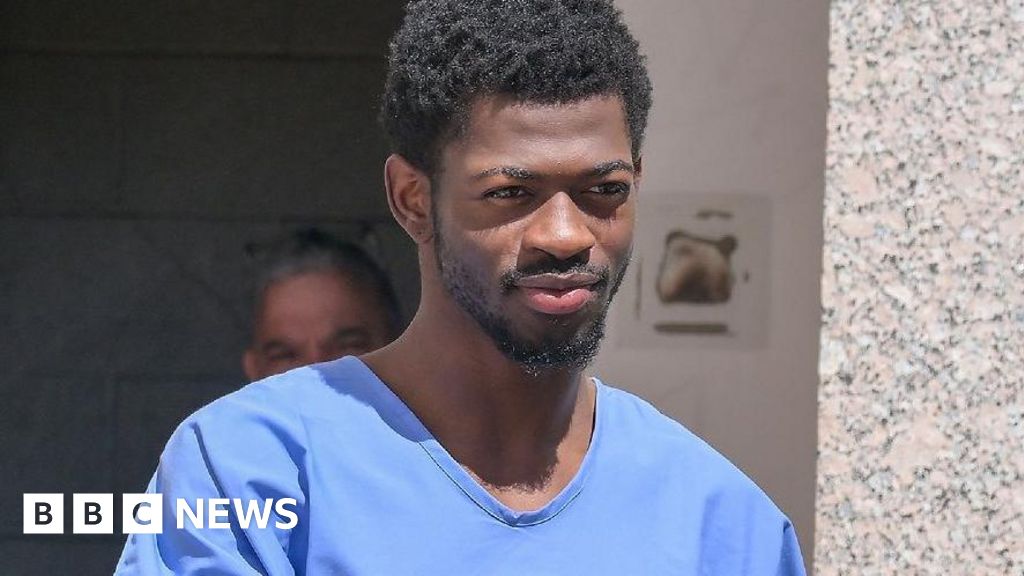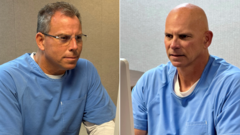Dublin is currently grappling with a severe crack cocaine addiction crisis, as highlighted by local drug counselors. According to new statistics from the Health Research Board (HRB), the number of individuals seeking treatment for crack cocaine use in the Republic of Ireland surged from 173 cases in 2017 to 1,201 in 2023, marking a staggering increase of 594%.
One former user, Ferghal Connolly, recounted his descent into addiction after moving to the city in his 20s. "I kind of slipped from maybe taking a few beers, to taking ecstasy, to other substances, and then I ended up on heroin and crack cocaine," he explained. The alarming rise in crack use aligns with the commentary from Daithi Doolan, a Sinn Féin councillor and member of the South Inner City Drug and Alcohol Partnership, who describes the scenario as "a crisis" affecting communities on multiple levels. He noted that drug-related intimidation is impacting families and entire neighborhoods, suggesting that many households are struggling with various forms of addiction.
Traditionally, Dublin has faced challenges with heroin in its inner-city regions. However, professionals on the frontlines of addiction treatment believe that a recent shortage of heroin, driven by geopolitical shifts in Afghanistan and subsequent reductions in poppy cultivation, has propelled a notable rise in the use of crack cocaine. In 2023, a reported 4,923 individuals sought treatment for cocaine in either its powder or crack forms.
Cheryl Kelly, an addiction counselor with the Donore Community Drug and Alcohol Team, emphasized the importance of tailored support for women facing addiction, highlighting their distinct challenges rooted in shame and stigma. "Women may find themselves engaging in forced sex work, or they might fear social services; they struggle with societal judgments surrounding their drug use," she stated. HRB data spotlight a significant increase in female cases, jumping from 284 in 2017 to 1,387 in 2023. Of those primarily affected by crack cocaine, nearly half were female, with the median age being 39.
Kelly advocated for the establishment of female-only service spaces to ensure a supportive environment for women in recovery. She underscored the barriers that prevent women from seeking help, particularly when faced with threats from male peers in shared treatment settings.
Alan Kinsella, case worker at the Coolmine Therapeutic Community, reported consistent full enrollment in their targeted cocaine treatment program. He emphasized the indiscriminate nature of cocaine addiction, noting that individuals from various social backgrounds, including those with steady employment, are increasingly presenting with issues related to cocaine use.
As Dublin grapples with this growing crisis, the influx of crack cocaine presents both a public health challenge and a need for adaptable, comprehensive care strategies that prioritize affected individuals' circumstances while addressing the broader implications of drug abuse across the community.





















